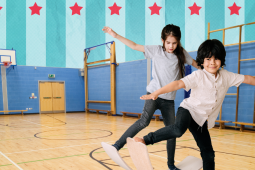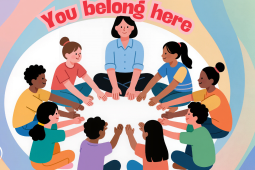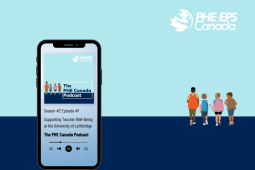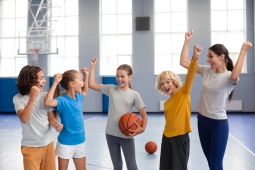Erosion of Physical and Health Education in Canada - A PHE Canada Thinkers Report
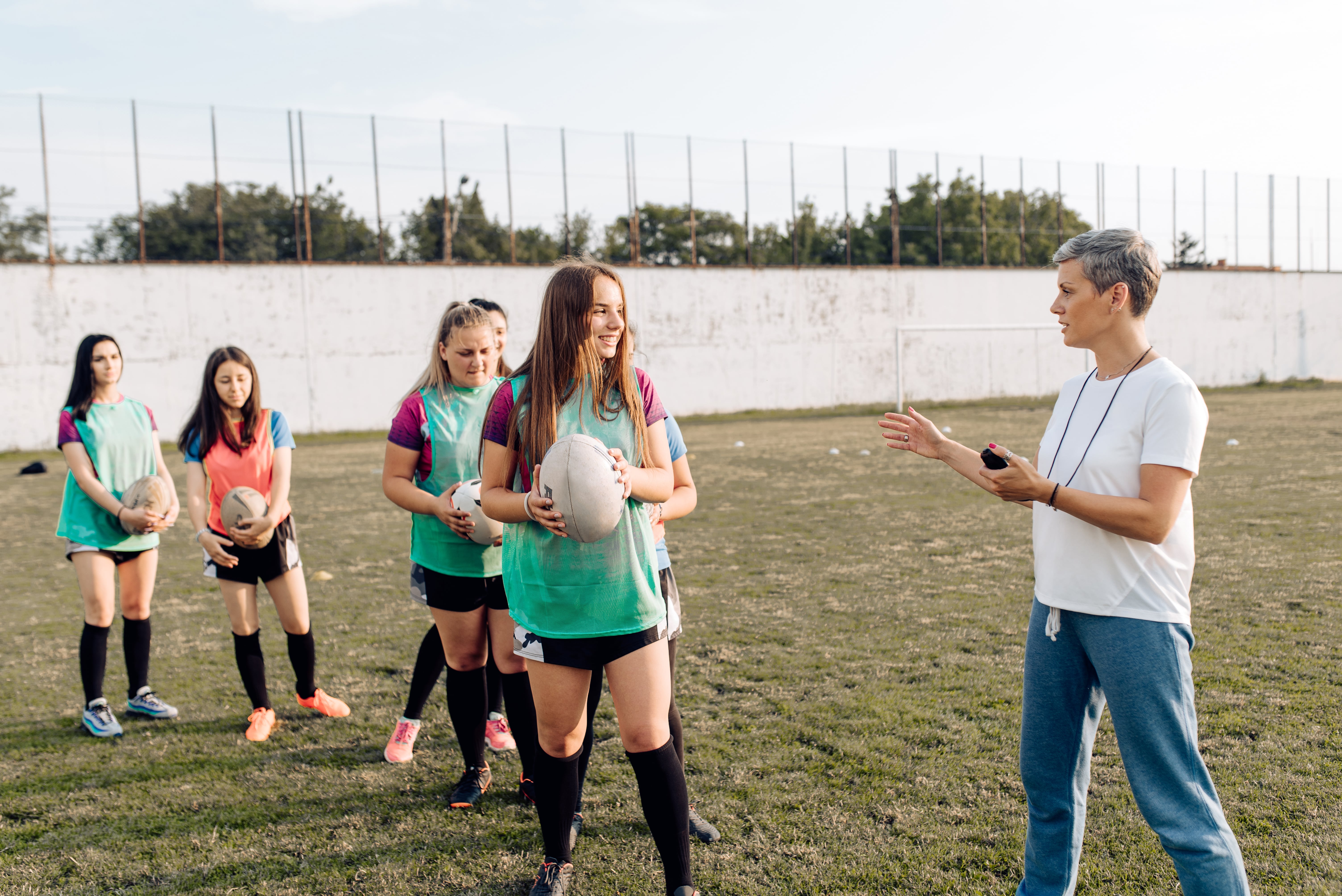
In May 2019, Physical and Health Education (PHE) Canada hosted the inaugural PHE Thinkers Gathering in Montreal, uniting over 100 leaders from across the country. This diverse group included school principals, university deans, academics, classroom teachers, and school system administrators—each bringing unique perspectives on the role of PHE in shaping the future of education.
2019 PHE Canada Thinkers Report
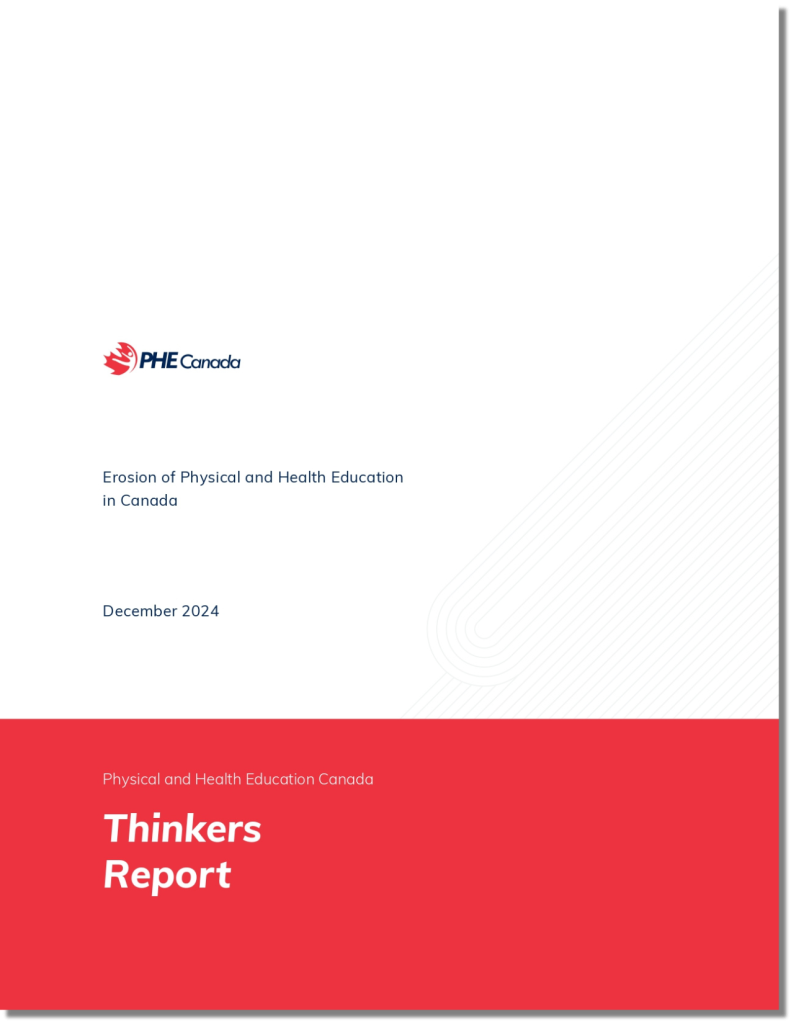
Read the 2019 PHE Canada Thinkers Report
This dynamic event served as a critical platform to confront pressing challenges in the sector, particularly the alarming decline of Physical and Health Education (PHE) within Canada’s educational framework. Participants engaged in thought-provoking discussions that highlighted systemic barriers affecting the integration and sustainability of PHE in schools.
One of the most concerning revelations was the steady decline of Physical and Health Education Teacher Education (PHETE) programs. This decline has far-reaching consequences, contributing to a shortage of qualified PHE educators and diminishing the quality and accessibility of PHE for students. The discussion underscored the profound impact of these trends on the health, well-being, and long-term development of Canada’s youth.
Grounded in a grassroots approach, the Thinkers Gathering fostered a collaborative space where educators, policymakers, and advocates worked together to identify actionable strategies for reversing these declines. Through cross-sector collaboration, the event reinforced the urgent need to re-establish PHE as a core pillar of the education system, rather than a marginal component of the school day.
A key outcome of the gathering was a renewed commitment to advocacy and systemic change — ensuring that every child and youth in Canada has equitable access to quality Physical and Health Education. By sparking meaningful dialogue and uniting stakeholders in a shared vision, the event set the foundation for future efforts to protect and strengthen PHE nationwide.
The insights and recommendations generated during this event remain a call to action for educators, policymakers, and communities alike, emphasizing that PHE is not just a subject, but a fundamental investment in the well-being and success of future generations.





